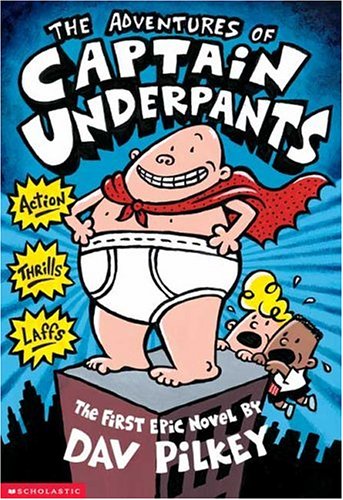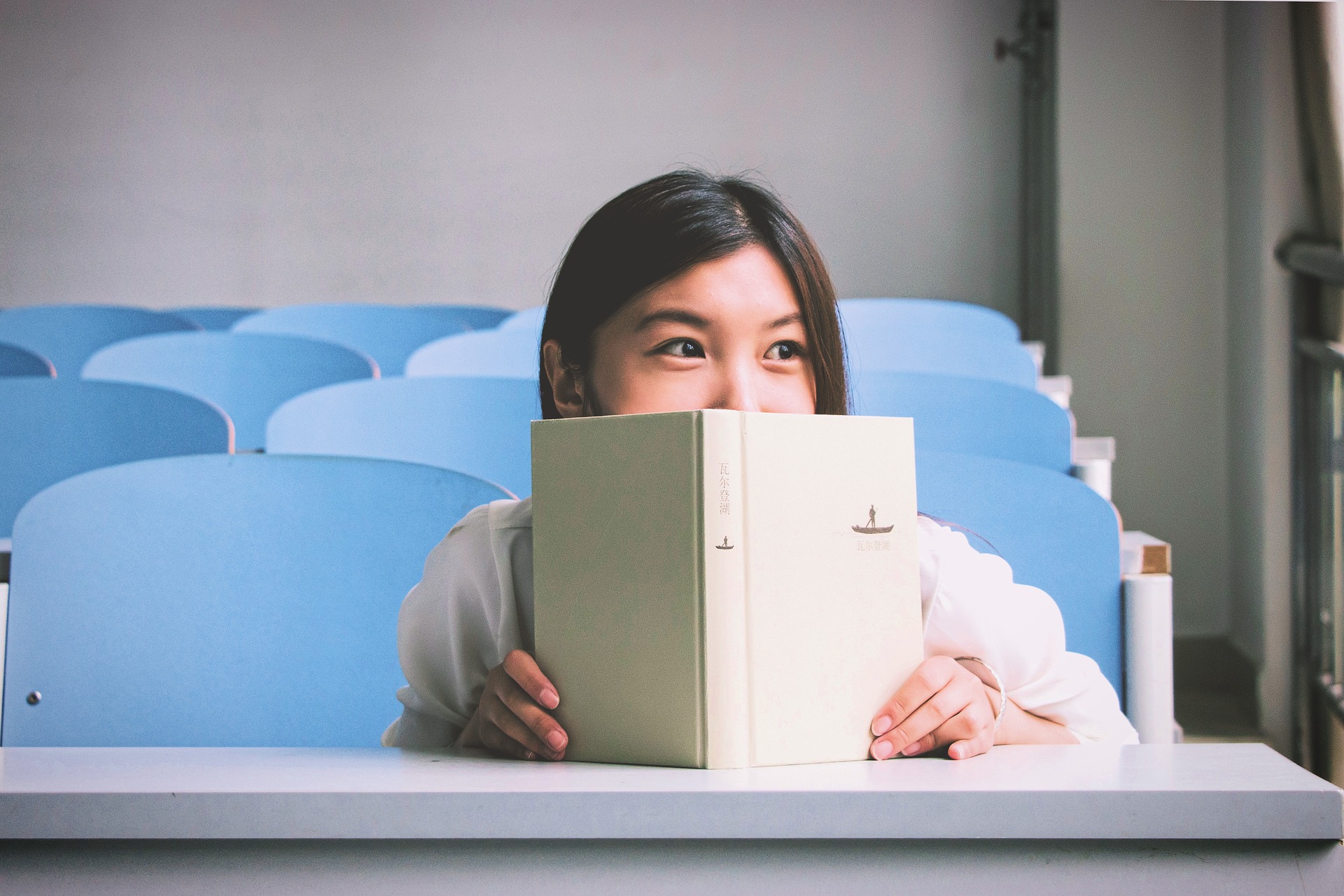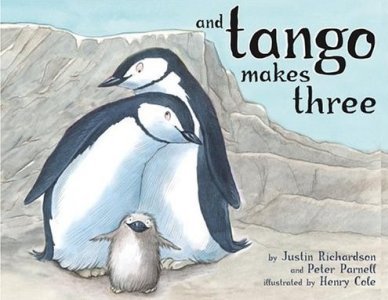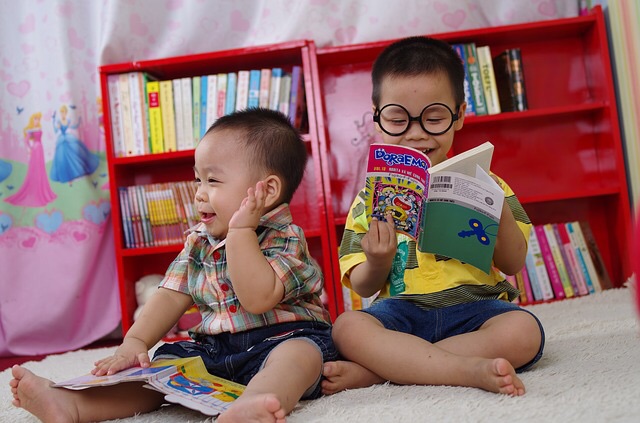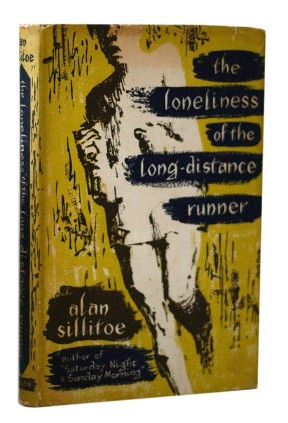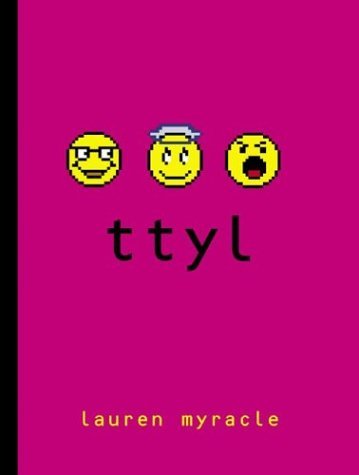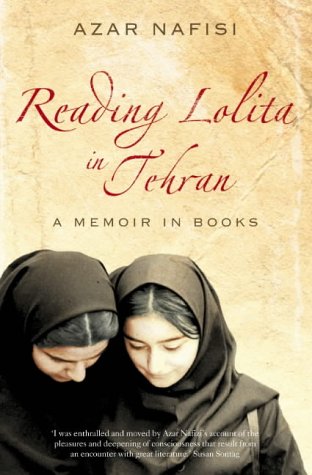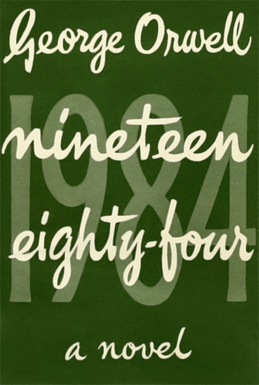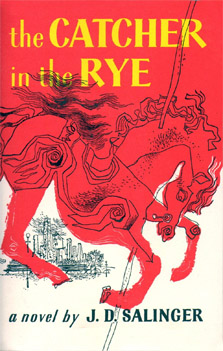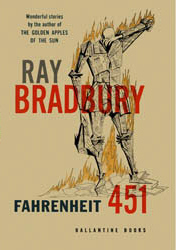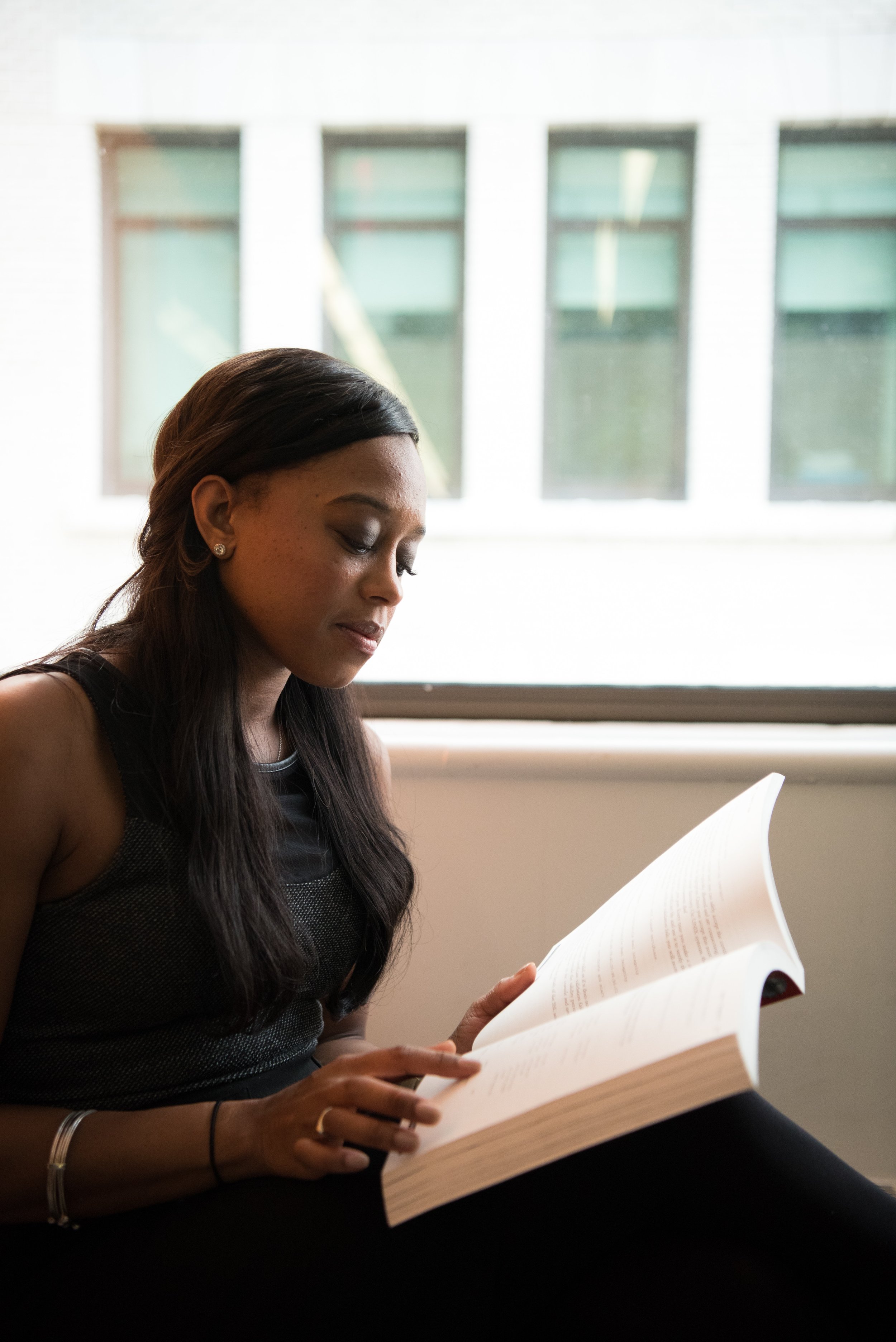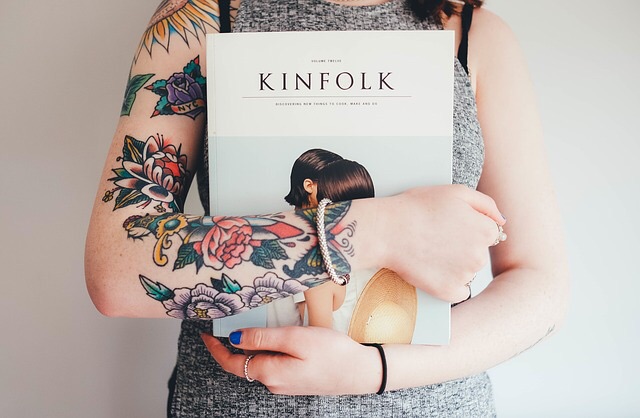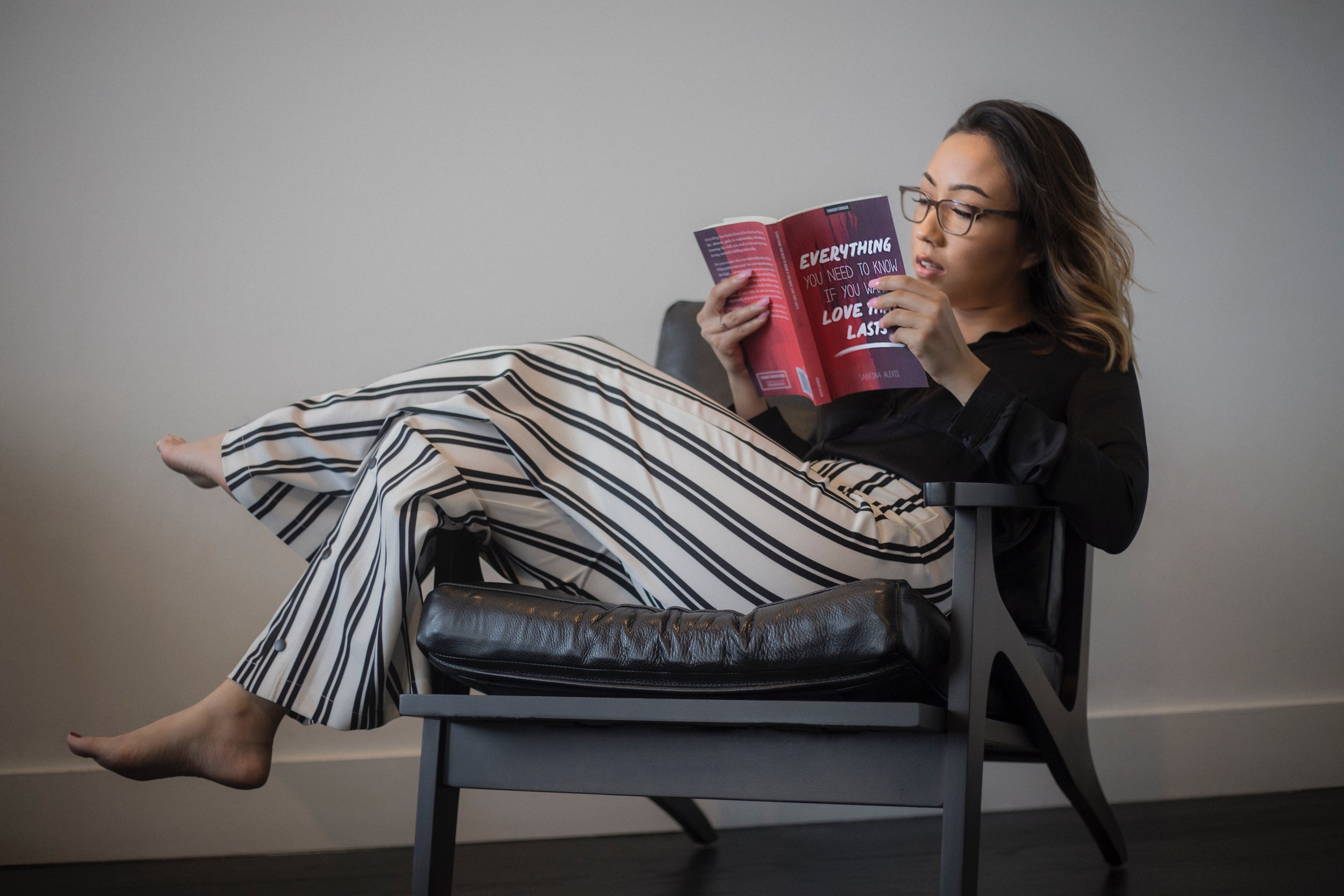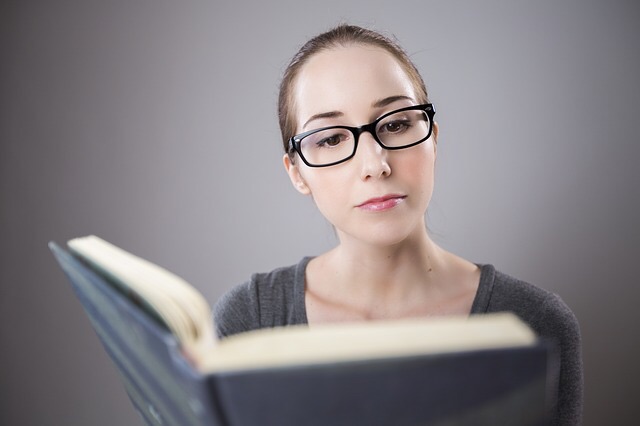Last year, we selected Banned Books as the theme for our September issue. Based on the responses we received from our readers and our writing staff, we have decided that every September must be about banned books.
Why are there banned books? Who should decide if a book should be banned?
I support the First Amendment and the 1919 Supreme Court decision in Schenck v. United States. The Court unanimously ruled that while the First Amendment protects freedom of expression, it does not protect dangerous speech. Dangerous speech is defined as knowingly false statements of fact designed to create a panic or cause tangible harm. Justice Holmes’ comments about “crying fire in a crowded theater” do not prevent the speech, but allow the individual to be punished for his/her comments if they are knowingly false and create a panic in which people are harmed or face imminent danger. So, preventing free speech from happening is pretty close to impossible, but determining if there should be consequences for that speech is something the courts can do.
This becomes an important part of our discussion.
As a writer, I want to believe books should never be banned, but as a parent and a member of society, I believe there are some valid reasons for removing a book from a classroom, a school library or a public library and in a few extreme cases, banning a book from circulation and destroying it.
Yes, destroying it. I suppose these beliefs make me a bit of a traitor to the First Amendment, but I have always believed rights come with responsibilities.
Books that deny important historical events, promote genocide, encourage racial violence or sexual violence against women or children have no place in our society. Notice I said “promote” and “encourage.” There is a difference between a book such as Toni Morrison’s The Bluest Eye in which the author recounts the brutal rape and a book that encourages men to go out and commit rape. I believe books that pose a legitimate threat to the populace such as instruction manuals for making bombs or chemical weapons should be permanently removed from circulation. Recently, Attorneys General from eight states and the District of Columbia filed a lawsuit to prevent a Texas-based company from publishing instructions on their website for 3D-printed guns. These are the types of publications I fully support never seeing in print.
Purposely inaccurate textbooks, especially history books are a pet peeve of mine. Many of our readers feel the same about sanitizing history. Here are some of their comments:
“I have been appalled at the recent trend to get rid of books in libraries because they depict an era we would rather forget. These include award winners like To Kill a Mockingbird and classics like Tom Sawyer and Huckleberry Finn. How can we learn from the past if we don't learn the past?” Janet Graham
“I agree that we shouldn't rewrite or whitewash history. Let it spark conversation, and let's learn from it. I don't believe in banning books. Your idea of offensive is not the same as mine. Just like TV, if you don't like it change the channel/ don't read it. Cursing doesn't faze me. I curse like a sailor. I believe in what George Carlin said about words. All that being said, there may be books that not everybody should have access to… The Anarchists Handbook comes to mind. To Kill a Mockingbird was also required reading in my school, and I don't remember parents protesting any of the school's choices. But I don't think we were as protected & insulated back then. I think it's good for kids to be challenged, and yes, made to feel uncomfortable. They are so bubble wrapped & protected from negative feelings today. When we read these books in school the discussions in class were about the meaning of the story, what we thought about it, etc. Books can open their minds.” Barbara Cameron
I think books are sometimes banned not to protect or shield our youth, but to sanitize history and ease our collective guilt by presenting future generations with inaccurate versions of incidents of racism, prejudice or other injustices. This also shields those who participated in these injustices either actively or by their unwillingness to act. In doing so, we are making it harder to recognize racism and other injustices in our present day society and hold people accountable.
Age appropriate is a term that often comes up in discussions about books and children. It proved to be a deal breaker with many of our readers who would normally oppose banning books.
“I’m a mom of four small kiddos, and as such there are a few books I wouldn’t mind banning from our house… Looking at you Captain Underpants… but in terms of Censorship or banned books I’m on the fence. I believe that authors have a right to their own opinions and their ways to express them, however there has been a trend of late to use cuss words on book covers, a practice of which I am not a fan. Mostly, because I have a six-year-old who can read now, and that’s not something I necessarily want him exposed to at the library or bookstore. On the inside of the book feel free to write what you would like, but on the outside that will be projected to the public at large I appreciate a little less vulgarity.
The other form of censorship I struggle with is what I suppose I would term as historical censorship. I was a high school history teacher and I enjoyed using primary sources to help my kids understand what life was like in different time periods. However, people from those periods used vocabulary that is not always used in today’s society. I don’t believe these books and documents should be banned just because they use terms that our more enlightened society has rightly chosen to discard. I’m not sure if that’s quite what you’re looking for but I guess that’s my two cents on the matter.” Mallori Demildt
“This really got me to thinking. Raising children and teaching school, there were books we chose not to have in our school libraries. Decisions have to be made, and honestly, would anyone seriously suggest that we should put Fifty Shades of Grey in a middle school? Lady Chatterley’s Lover and Lolita were not in our middle school library either, not because they were ‘banned’ but because the librarian did not consider them age-appropriate for middle school. Other than that, the only problem we had with ‘banned’ books was when parents demanded their kids not be required to read certain books, usually books we had no intention of requiring.
There is a difference between banning a book (making it illegal to print or own it) and choosing not to have it in a school or even public library. That said, my parents never limited what I could read, I didn’t police my kids’ reading, and my grandchildren read stuff some people might think is too advanced for them.
So I’m against banning books AND I advocate using good judgement in choosing books to assign below college level. If you are going to teach To Kill a Mockingbird or The Adventures of Tom Sawyer, use the opportunity to talk about how race relations have changed since they were written. (My 12-year-old grandson read To Kill a Mockingbird on his own last year, which led to some interesting discussions with his parents and old grandma about segregation and the early Civil Rights movement.)
But please don’t require anything sexually explicit!!! There are enough hormones clogging up the halls of schools already.
I’ve seen Night by Elie Wiesel on lists of books protested in some places. It was not prohibited for middle school in either of the school systems in which I taught, but it definitely called for extreme care and sensitivity when we taught it in 8th grade.” Susan Durham Townsend
“I don't believe in full-on book banning. I do think, however, that some books don't belong in school classrooms and/or libraries at certain grade levels. And it isn't always a matter of ‘offensive.’ Some of them contain topics, themes, or scenes that would easily overwhelm the average child at certain ages, so I think they need to be reserved for libraries or classes for older children (or even, in a few cases, for post-school libraries -- the "adult" sections). I don't necessarily think ALL kids of those ages should be kept from reading the books I have in mind, but I do think it should be a decision made with their parents, rather than random selection from a library those parents don't visit with the kids regularly.
And I did "ban" a book from my classroom I didn't say my students couldn't read it in class. However, I found the level of profanity (20 expletives on the first page -- author needs to do some vocabulary development) unacceptable, so I returned the copies that were intended for a class reading project. Again, if the kids and parents agreed that it was okay for a particular student, that was fine; I wasn't going to teach from that kind of text, though.” Pam Martin
“I don’t agree with banning books ever, I get age appropriate at schools, for example, Forever by Judy Blume should not be in elementary school libraries. However, banning books often gets teens to read more. I never would have even looked at Forever as a teen if it weren’t for the fact people said I shouldn’t read it, lol. Book sales often increase after a book is banned. My favorite banned books are: Harry Potter, Catcher in the Rye, To Kill a Mockingbird, 1984 and Animal Farm.” Nancy Fran
“My favorite banned book is Fahrenheit 451. I don't believe in flat-out banning books, in general. I think parents and teachers can use their own good judgment to decide what's appropriate for their kids to read.” Amanda Leonardi
“I had a whole list of banned books once and was determined to read each one. Of course, that didn't happen and I have no idea what happened to the list. One of the books on it was Where's Waldo, the kids book full of different drawings on each page with Waldo somewhere in the picture. It was banned because someone had way too much time on his/her hands and found a scene of a little boy untying a woman's bikini top and you could see her side boob. It took me weeks to find it and only after I found an article that told you where to look. I will never understand why someone went out of his or her way to get it banned for an image that was so hard to find.
I grew up reading books. My mom read everything and encouraged us to read. She didn't care what it was, as long as we were reading. And, if she wasn't sure about a book, she would read it first and then discuss it with us. Books open the world to you and hopefully open your mind to new things. Maybe you don't agree with what's in the book, but if you hadn't read it, you would have never known someone thought that way.” Phyllis Walden
Our readers seemed to struggle a bit with the question of what is acceptable and unacceptable language in the historical context of a book.
It’s a sad part of our history that racial slurs were once considered acceptable language in parts of our country. It’s sad that these words still have the power to hurt people. For the purpose of historical accuracy, it’s important these words stay in works like To Kill a Mockingbird and The Adventures of Huckleberry Finn, but it’s also important that we address how offensive these words are - then and now. Teaching one of these books in a racially mixed classroom would be difficult.
“One of my favorite banned books is To Kill a Mockingbird. I don’t believe in banning books. In America we are supposed to have freedom of speech though that is quickly dwindling. Books are a part of that speech. If you don’t like it you have a right to not read it, change the channel, don’t go to that part of the store, etc. The Nazis burned books during WW2 to control people’s way of thinking. ” Donna Wotring
“My uncle, Studs Terkel, went through a number of attempts to have his books banned. His books were oral histories and some of the language used by the people he interviewed was quite salty. I have the newspaper articles from different communities. Many include his presentations to the community.” Margo Sue Bittner
“My childhood fave was Little Black Sambo. I still have my beloved copy. As a child I took the story for what it was - not aware of racism and stereotypes as a child....It was about Sambo outwitting the tiger and said tiger turning into butter...” Janet DeCastro
“I think some of the "worst" books are the ones written by Mark Twain. If you don't know his history, you would think he was terribly racist, but he was far ahead of his time in terms of believing in equality for all people no matter what race or color.” Janene Eldred
“To Kill a Mockingbird was mandatory reading when I was in high school. I didn’t know it’s been banned.” Deborah Pabetz
When Classy Green responded to my question about banned books she mentioned her book club selection for Banned Books Month and sent me the link to their list of proposed books.
“The theme for my book club this month is Banned Books. Here is a link to our nominations.
http://www.mochagirlsread.com/lets-vote-for-septembers.../
Their Eyes Were Watching God by Zora Neale Hurston won.”
When I visited the link, I read a little bit about her book club, Mocha Girls Read, and discovered Ms. Green started her group because there was a lack of diversity in author selection and subject matter in most of the traditional book clubs in her area.
When I was researching challenged or banned books on the American Library Association website, I learned more than 70% of all challenged works contain diverse content. So, if you are in a book club, please choose a few banned books and try to add some diversity to your author’s list and subject matter.
Did you ever read a book just because it was banned?
Edie Peterson comes clean about it:
“Huckleberry Finn is my favorite banned book and Lady Chatterley’s Lover. The only reason I read Peyton Place was because it was banned.”
Additional thoughts on why books are banned:
“It amazes me when new books are added to the list, not because they are more controversial, but just because someone is looking for a reason to control what others read. Fahrenheit 451 is one of my favorite books, also Flowers for Algernon.” Jeanie Whitmire Jackson
I recently purchased this book for my grandson, and I was shocked to learn it was once banned. The Rabbits’ Wedding by Garth Williams is the story of two rabbits that fall in love and want to be together forever. The objection to the book was largely based on its illustrations – one of the rabbits is black and one is white. The Rabbits' Wedding was published on April 30, 1958. In Alabama, State Senator Edward Oswell Eddins claimed the book promoted integration and intermarriage. Emily Wheelock Reed, director of the Alabama Public Library Service Division, defended the book, but pressure from Eddins and the White Citizen's Council, forced the library system to ban the book from all libraries in Alabama.
Finally, I will leave you with this humorous link sent to us by Tanja Cilia:
“Which Poem Would YOU Ban from the School Syllabus?”
by Rob Mackenzie (from magmapoetry.com) https://l.facebook.com/l.php?u=https%3A%2F%2Fmagmapoetry.com%2Fwhich-poem-would-you-ban-from-the-school-syllabus%2F&h=AT1o1u98Yr4GKOWWZM8kB4mt3gfDWkjO9syQvzHsWiX4b9iQBBDjJnlGPpltMlKppQoI2BOwhGcXOQXbu8wkElsNoovW-WHe3EZEDDe15dC0PVMef_H2mgSWSdUu
*Special thanks to the following people and Facebook Groups: Edie Peterson, Janet Graham, Margo Sue Bittner, Jeanie Whitmire Jackson, Janet DeCastro, Tanja Cilia, Mallori Demildt, Barbara Cameron, Donna Wotring, Deborah Pabetz, Susan Durham Townsend, Pam Martin, Amanda Leonardi, Classy Green, Janene Eldred, Nancy Fran, Phyllis Walden, Annette Dashofy and Zoe Chambers Mysteries & Friends, Debra Sennefelder, the Cozy Mystery Crew, and Pennwriters.
Photo Credits:
To Kill a Mockingbird book cover: http://www.lib.ua.edu//sites/default/files/lee_firstedition.jpg, Fair use, https://en.wikipedia.org/w/index.php?curid=6376456
Captain Underpants cover art: By Source, Fair use, https://en.wikipedia.org/w/index.php?curid=3146650
And Tango Makes Three cover art: By Source, Fair use, https://en.wikipedia.org/w/index.php?curid=4940450
The Loneliness of the Long Distance Runner - By Source, Fair use, https://en.wikipedia.org/w/index.php?curid=31757981
ttyl book cover - https://en.wikipedia.org/wiki/File:Ttyl.jpg#/media/File:Ttyl.jpg
Reading Lolita in Tehran: A Memoir in Books by Dr. Azar Nafisi Book cover. By Source, Fair use, https://en.wikipedia.org/w/index.php?curid=3734465
Catcher in the Rye cover art - qualifies as fair use under the Copyright law of the United States.
Fahrenheit 451 cover art: By Source, Fair use, https://en.wikipedia.org/w/index.php?curid=10504500












